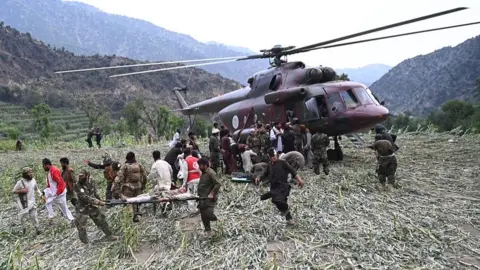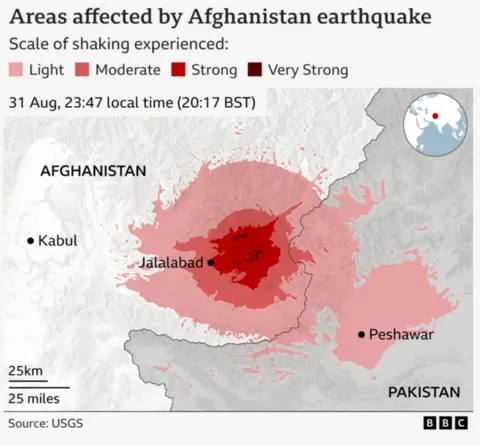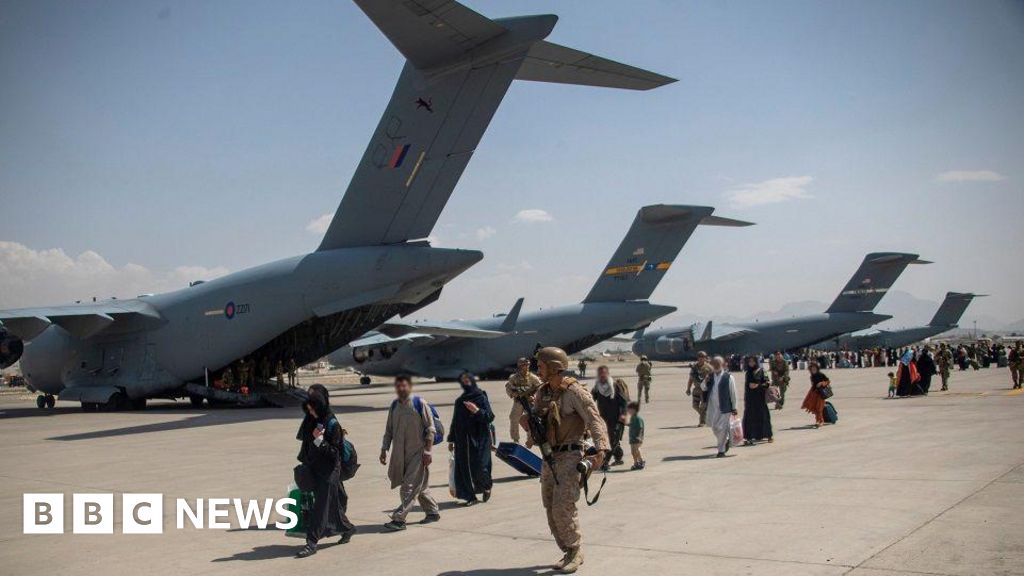The identities of more than 100 British officials, including members of MI6 and the special forces, have been compromised in a significant data breach that has put thousands of Afghan nationals at risk of retaliation from the Taliban. This breach, which involves secret personal information, was kept under wraps by a court injunction until recently, when it was lifted to allow for media disclosure.
Earlier this week, it was revealed that nearly 19,000 Afghans who assisted British forces during the 20-year conflict and sought resettlement in the UK had their information inadvertently leaked. Many individuals now face serious threats to their safety, with fears of retribution from the Taliban as a primary concern. The revelation of this breach highlights the urgency of protecting the identities and locations of those at risk, as the British government previously applied a "super-injunction" to suppress information on the matter.
The Ministry of Defence (MoD) has confirmed the breach stemmed from an accidental email sent by a UK Special Forces employee, who mistakenly forwarded over 30,000 resettlement applications. Earlier protocols had led to the establishment of the Afghanistan Response Route (ARR) to assist those affected, yet many individuals reportedly remain unaware of the risk exposed by the leak.
Notably, Defence Secretary John Healey termed the incident a "serious departmental error," acknowledging it as one of several data losses linked to Afghan resettlement efforts. Apologies have been issued by shadow defence secretary James Cartlidge representing the previous Conservative administration.
While the MoD maintains a policy of non-disclosure about special forces for security reasons, concerns remain regarding the fate of those identified in the leak. Relatives of listed Afghans have expressed grave concerns for the safety of their family members back in Afghanistan, reporting heightened efforts by Taliban forces to locate them. As the UK government grapples with the ramifications of this breach, the number of individuals potentially endangered remains undisclosed.
Earlier this week, it was revealed that nearly 19,000 Afghans who assisted British forces during the 20-year conflict and sought resettlement in the UK had their information inadvertently leaked. Many individuals now face serious threats to their safety, with fears of retribution from the Taliban as a primary concern. The revelation of this breach highlights the urgency of protecting the identities and locations of those at risk, as the British government previously applied a "super-injunction" to suppress information on the matter.
The Ministry of Defence (MoD) has confirmed the breach stemmed from an accidental email sent by a UK Special Forces employee, who mistakenly forwarded over 30,000 resettlement applications. Earlier protocols had led to the establishment of the Afghanistan Response Route (ARR) to assist those affected, yet many individuals reportedly remain unaware of the risk exposed by the leak.
Notably, Defence Secretary John Healey termed the incident a "serious departmental error," acknowledging it as one of several data losses linked to Afghan resettlement efforts. Apologies have been issued by shadow defence secretary James Cartlidge representing the previous Conservative administration.
While the MoD maintains a policy of non-disclosure about special forces for security reasons, concerns remain regarding the fate of those identified in the leak. Relatives of listed Afghans have expressed grave concerns for the safety of their family members back in Afghanistan, reporting heightened efforts by Taliban forces to locate them. As the UK government grapples with the ramifications of this breach, the number of individuals potentially endangered remains undisclosed.



















